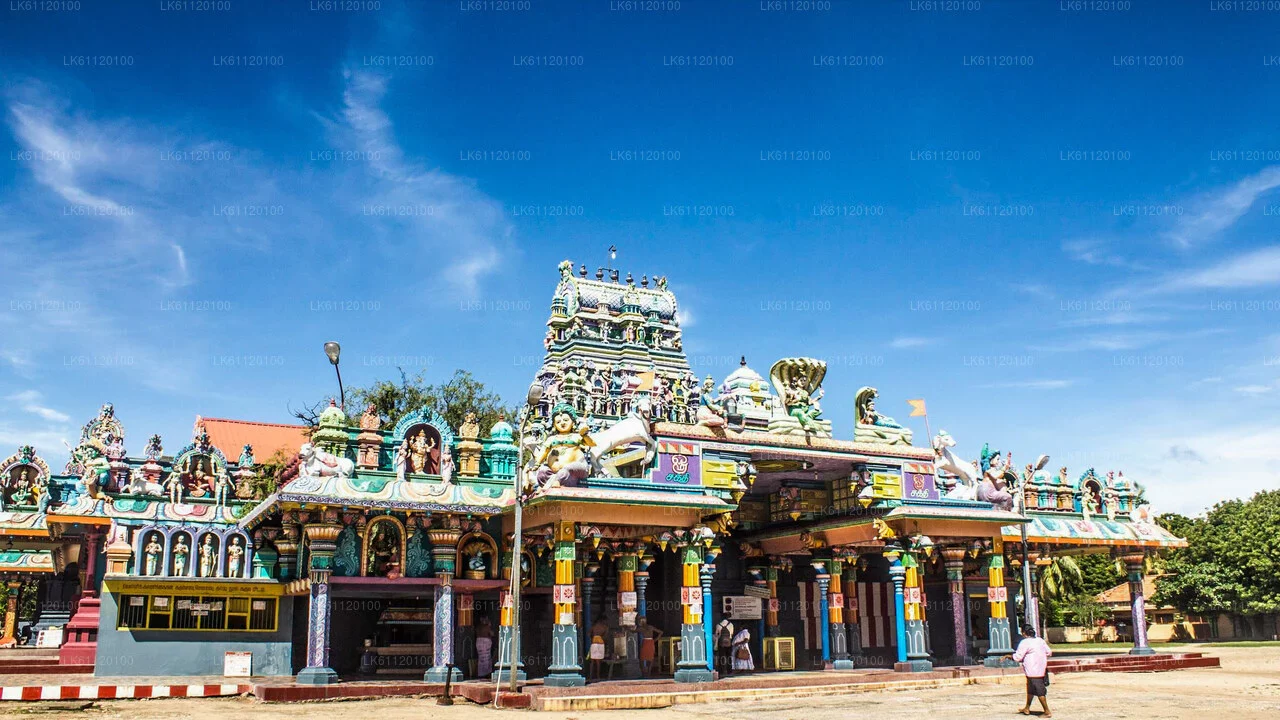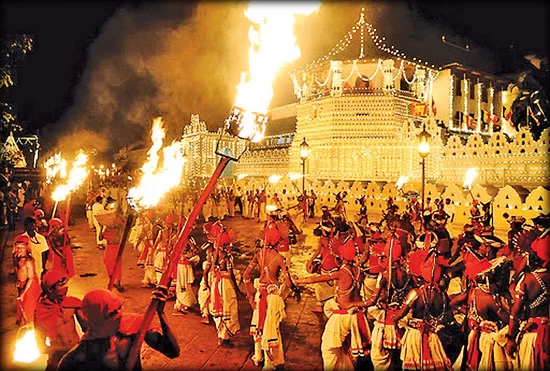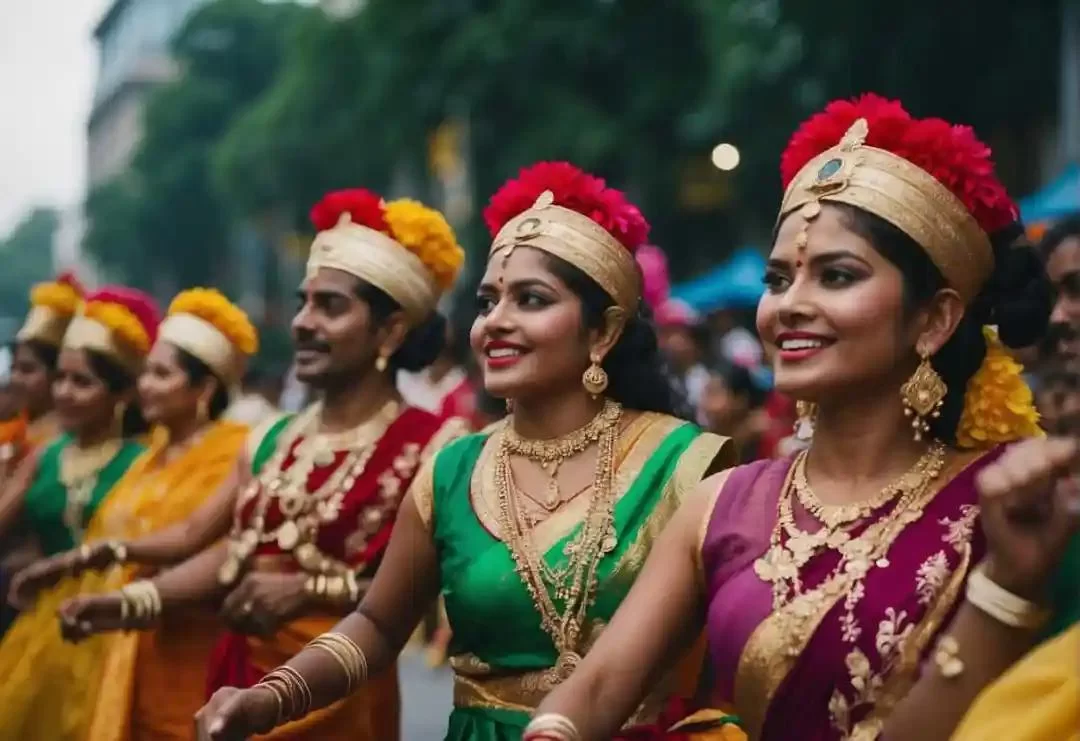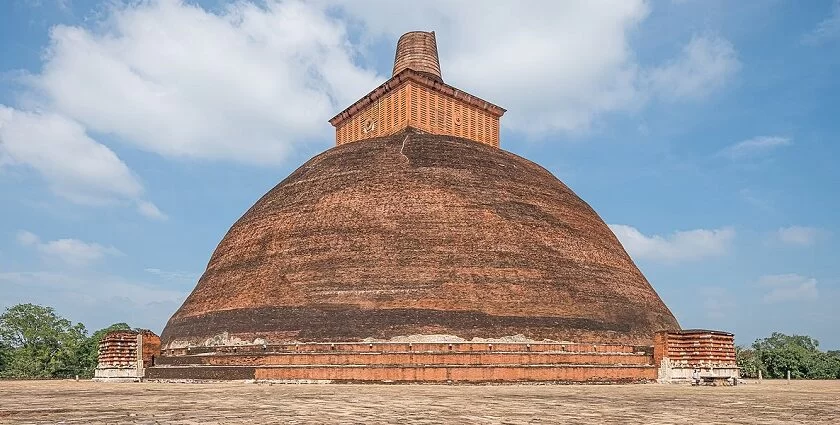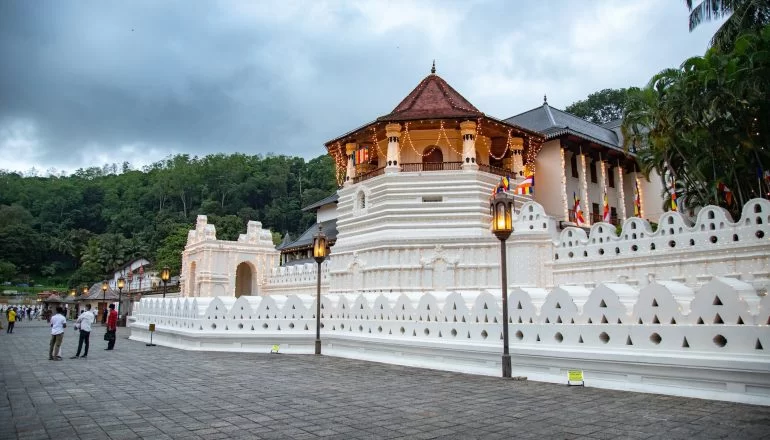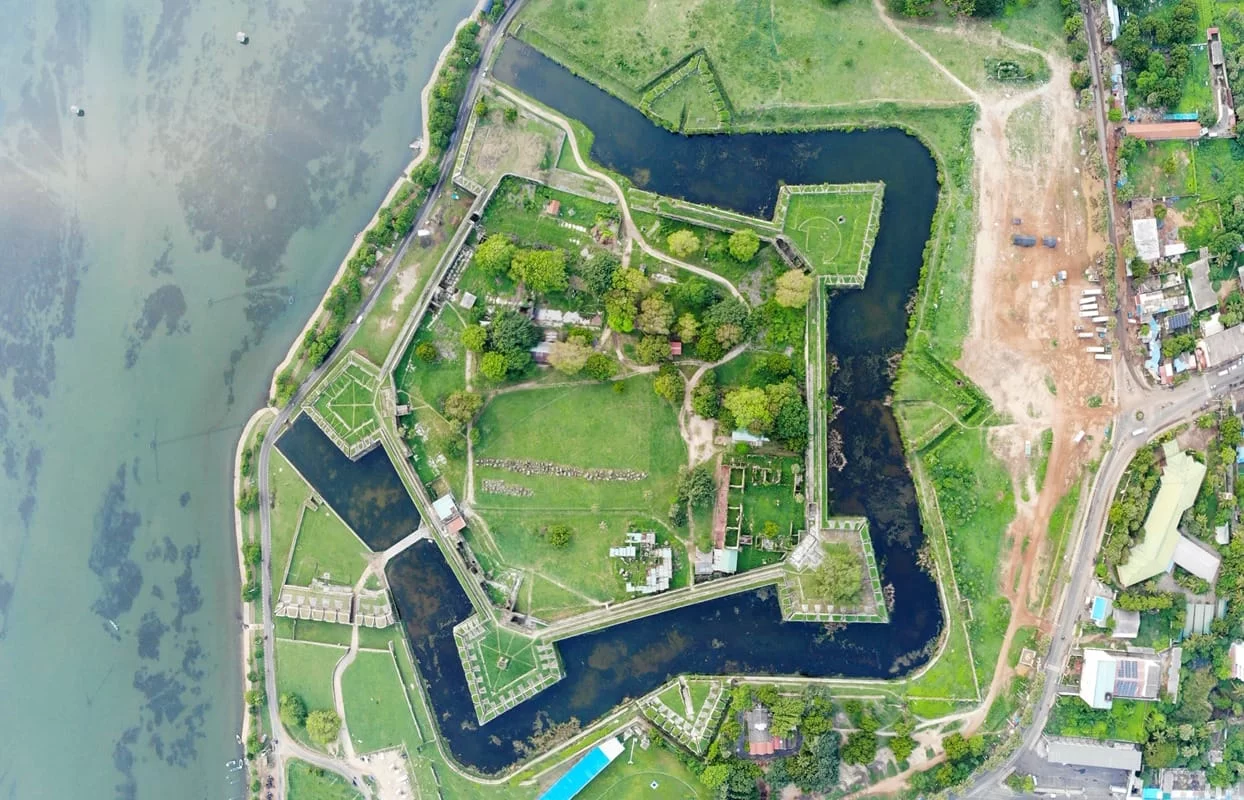Explore the Rich History of Tamil Sites in Jaffna: A Cultural Journey
- Introduction to Jaffna's Tamil Heritage
- Top Historical Tamil Sites in Jaffna
- Jaffna Temples and Cultural Landmarks
- Cultural Experiences and History in Jaffna
- Planning Your Visit to Jaffna
Introduction to Jaffna's Tamil Heritage
Jaffna, located in the northern tip of Sri Lanka, is a treasure trove of Tamil history and culture. The region is deeply rooted in Tamil heritage, with its vibrant traditions, ancient temples, and historical landmarks. Jaffna is an important center for Tamil culture, and its spiritual and historical sites offer visitors a glimpse into a rich, centuries-old legacy.
For those seeking to explore Sri Lanka’s Tamil culture, Jaffna’s historical sites stand as living monuments to the area's Tamil roots. From ancient Hindu temples to colonial-era buildings, Jaffna’s historical landscape paints a vivid picture of the region's diverse past. Whether you're a history enthusiast or simply curious about Tamil heritage, the sites in Jaffna are sure to offer a captivating journey.
Top Historical Tamil Sites in Jaffna
1. Nallur Kandaswamy Kovil
One of the most iconic and revered Tamil sites in Jaffna is the Nallur Kandaswamy Kovil, a Hindu temple dedicated to Lord Murugan. The temple's stunning architecture, vibrant sculptures, and intricate carvings reflect the rich Tamil religious and cultural heritage of the region.
Visitors to Nallur Kandaswamy Kovil can experience the serenity of Tamil religious practices, especially during the annual festival when the temple comes alive with processions, rituals, and celebrations. This historical landmark is not only a place of worship but also a symbol of the Tamil community’s resilience and devotion.
2. Jaffna Fort
The Jaffna Fort is another significant historical site in the region. Built in the 17th century by the Portuguese and later fortified by the Dutch, the fort has witnessed centuries of change, from colonial rule to Sri Lankan independence. While it may not be a Tamil-specific site, it holds immense historical value as a symbol of Jaffna's strategic importance during colonial times.
Today, visitors can explore the fort’s walls, gates, and remains, which offer fascinating insights into the history of Jaffna, from its role in trade to its defense during conflicts. The fort's historical significance and stunning views of the surrounding area make it a must-visit destination for history buffs.
3. Sri Lanka’s First Library: Jaffna Public Library
The Jaffna Public Library is a symbol of Tamil intellectual and cultural heritage. Established in 1933, it became one of the largest libraries in Asia until it was tragically destroyed during the Sri Lankan Civil War. Rebuilt in 2001, the library continues to serve as an important cultural and educational hub for the Tamil community.
The architecture of the library, along with its collection of Tamil literature and historical texts, highlights the rich intellectual legacy of the Tamil people in Sri Lanka. A visit to the Jaffna Public Library offers insight into the intellectual and cultural contributions of Tamils throughout the centuries.
Jaffna Temples and Cultural Landmarks
1. Velanai Island Temple
Located on Velanai Island, just a short ferry ride from Jaffna, the Velanai Island Temple is an important religious site for Tamils in the region. The temple is dedicated to the goddess Amman and is known for its tranquil setting and spiritual significance.
Visiting Velanai Island offers an opportunity to explore the Tamil community’s deep spiritual connection with nature and the divine. The temple's simplicity, combined with its scenic location, makes it a peaceful retreat for pilgrims and visitors alike.
2. Kantharodai Buddhist Temple
The Kantharodai Buddhist Temple, an ancient site dating back to the 3rd century BCE, is one of Sri Lanka's most significant archaeological and religious landmarks. Although it is a Buddhist temple, it is notable for its Tamil architectural style, reflecting the long-standing cultural exchanges between Tamil and Buddhist traditions in the region.
The ruins of Kantharodai Temple offer a fascinating glimpse into Sri Lanka’s ancient history, with stone stupas, sculptures, and inscriptions that tell the story of Tamil Buddhism in the region. The site is a peaceful location for reflection and offers a unique cultural perspective on the intersection of Tamil and Buddhist heritage.
Cultural Experiences and History in Jaffna
Exploring Jaffna offers much more than just historical sites – it’s an immersive cultural experience. From traditional Tamil music and dance performances to the opportunity to sample authentic Jaffna cuisine, visitors can truly experience the richness of Tamil culture in the region.
One must-try experience is a visit to the local markets in Jaffna, where you can find traditional Tamil handicrafts, textiles, and spices. These markets are a hub of activity and a perfect place to witness the local way of life. Additionally, Jaffna’s festivals, such as the Nallur Festival, provide a unique opportunity to witness Tamil religious practices and the region’s vibrant culture in full swing.
Planning Your Visit to Jaffna
1. Best Time to Visit
The best time to visit Jaffna is from December to April when the weather is warm and dry. This is also when many of the region's festivals and cultural events take place, offering a unique opportunity to experience Tamil traditions firsthand.
2. Travel Tips
When visiting Jaffna, it’s important to plan your transportation in advance. Jaffna is accessible by road from Colombo, but the journey can take up to 8 hours. Alternatively, you can fly from Colombo to Jaffna Airport, which is located around 15 kilometers from the city center.
Many visitors also choose to hire a local guide to navigate the historical and cultural sites, ensuring they get the most out of their visit. A guide can provide context and historical background, enriching your experience of Jaffna’s landmarks and cultural heritage.
3. Accommodation Options
Jaffna offers a range of accommodation options, from budget guesthouses to more luxurious hotels. Many accommodations are located near the city center or close to major historical sites, providing easy access to the area’s attractions.
For a deeper cultural experience, consider staying in a local guesthouse where you can interact with Tamil families and experience Jaffna life up close. This can provide a more authentic experience and allow you to engage with the local community.
Want to learn more about Jaffna’s rich Tamil heritage or book your visit? Visit Tamil Travel Lanka for more information and to plan your journey to explore the historical Tamil sites in Jaffna!

